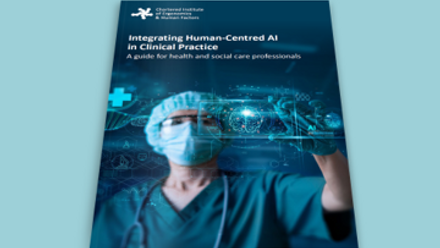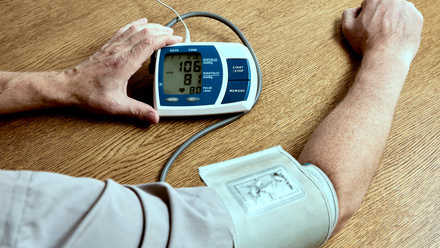Human Factors in healthcare: Designing safe systems
About this course
This course is designed to introduce the science of Human Factors and how it can improve quality and safety in areas such as medication safety, teamwork, device design and analysing adverse incidents.
Who should attend?
All healthcare and allied health professionals, executives and managers, policy makers and regulators, and researchers interested in learning about how the science of Human Factors can be applied to improve quality and safety.
Why should you attend?
In a complex environment like healthcare there are usually persistent quality and safety problems that are caused by a multitude of interacting factors. Human Factors provides a framework for analysing and understanding these problems and designing sustainable solutions.
What will you learn?
The course teaches about the systems approach to improving quality and safety. It shifts the focus from individual behaviour to considering how the whole system and interactions between elements of the system affect outcomes. You will have a greater understanding of why quality and safety problems occur and the importance of design in addressing these.
Expected outcomes
After completing the course, you will be able to
- Explain human factors principles and approaches to healthcare quality and safety.
- Explain the key features of effective teamwork.
- Understand human factors problems involved in medication safety.
- Identify safety risks of medical devices and the role of design and usability in reducing risks.
- Explain the limitations of learning from incident reporting and understand alternative approaches.
- Explain how Human Factors professionals can help to understand and improve staff physical and mental safety.
- Understand the Human Factors challenges involved in everyday care and actions for implementing HF principles and approaches in the workplace
Course content
Module 1: Introduction to Human Factors in Healthcare
Module 2: Teams, leadership and communication
Module 3: Medication Safety
Module 4: Devices and Technology
Module 5: Organisational learning and incident reporting
Module 6: Staff safety
Module 7: Putting Human Factors into practice: Case study
Assessment: No assessment. Short evaluation survey.
What’s included?
Course modules consist of a reading package, journal articles, short videos, podcasts and knowledge check sections. There is a course discussion forum with set topics for each module. Recordings of guest speaker webinars we have hosted are also available for viewing. Attendance certificate is available on course completion.
About Department of Anaesthesiology and Perioperative Medicine, Monash University
Monash University is Australia’s largest university, located in Melbourne, Australia and is ranked in the world’s top 100 universities. The Department of Anaesthesiology and Perioperative Medicine is in the School of Translational Medicine and is based on the campus of the Alfred Hospital, which is one of Australia’s largest research precincts. The Human Factors team collaborates with clinical partners to carry out a range of research on practical problems, such as evaluating the effectiveness of simulation and teamwork training, increasing the retention of the nursing workforce, improving patient flow and bed management, and evaluating the usability of anaesthesia machines.






![05-pain[1].jpg](https://ergonomics.org.uk/static/a4a5b822-40a6-4ef9-af1b2404461b007f/resourcegridlistingimagedefault_4d12532919c64e60a22baf03232bbf94_4a7c7e45a350/05-pain1.jpg)